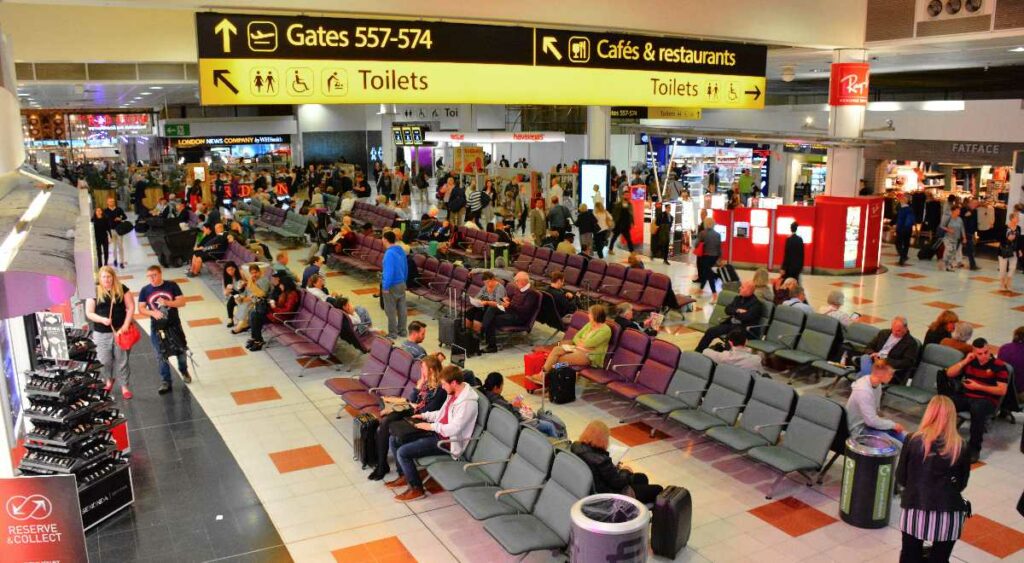Britain’s National Air Traffic Service (NATS) found itself grappling with a challenging technical issue on Monday, leading to the implementation of aircraft flow restrictions. This development has raised concerns of potential delays and cancellations for both airlines and airports.

A spokesperson from NATS explained the situation, stating, “We are currently experiencing a technical issue and have applied traffic flow restrictions to maintain safety. Engineers are working diligently to identify and resolve the underlying fault.” Scottish airline Loganair communicated via the social media platform X, previously known as Twitter, that a widespread failure had hit the UK’s air traffic control computer systems, raising flags about potential delays for international flights.
At London Luton Airport, authorities are collaborating to gauge the extent of the impact and the projected timeline for resumption of normal operations. Meanwhile, British Airways is working closely with NATS to ascertain the repercussions on its operations.
Dublin Airport also confirmed that the air traffic control disruptions are causing delays and cancellations for certain flights to and from the Irish capital. Passengers scheduled to travel today are strongly advised to check their flight status with the respective airline in advance.
The gravity of the situation was palpable on social media platforms, with numerous passengers reporting being stranded on grounded planes, awaiting clearance for takeoff. This unfortunate scenario unfolded on a particularly busy travel day due to a public holiday in parts of Britain.
A Reuters witness, grounded at Budapest Airport, conveyed that their pilot informed passengers about a colossal computer malfunction that had effectively closed all UK airspace. As a result, travelers were bracing for an expected delay of 8 to 12 hours.
This incident highlights the intricate nature of air traffic management and the pivotal role technology plays in ensuring the safety and efficiency of air travel. As aviation authorities and airlines work tirelessly to rectify the issue, affected passengers are urged to stay informed through official channels and prepare for potential alterations to their travel plans.




